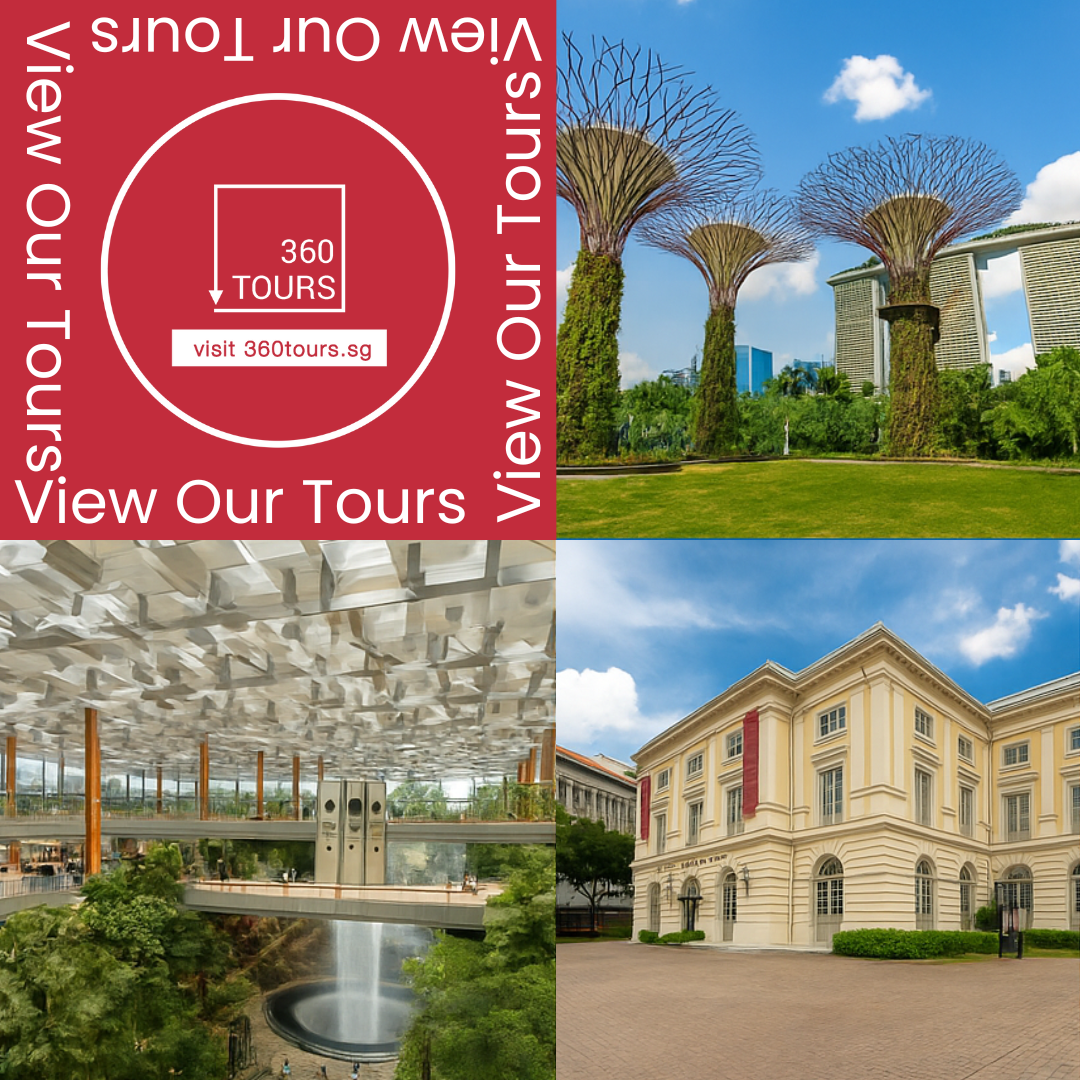Earlier this week, I attended a media preview. It was for “Elegant Sounds: Music, Craft, and the Literati.” This exhibit, also known as “听琴说:音乐,工艺传统与文人精神,” is at the Asian Civilisations Museum. Specifically, it’s curated in their Scholars Gallery. The exhibition spotlights ancient Chinese music and impressive qin craftsmanship. Furthermore, it features paintings and even a 1000-year-old traditional qin. Dedicated experts carefully restored these instruments.
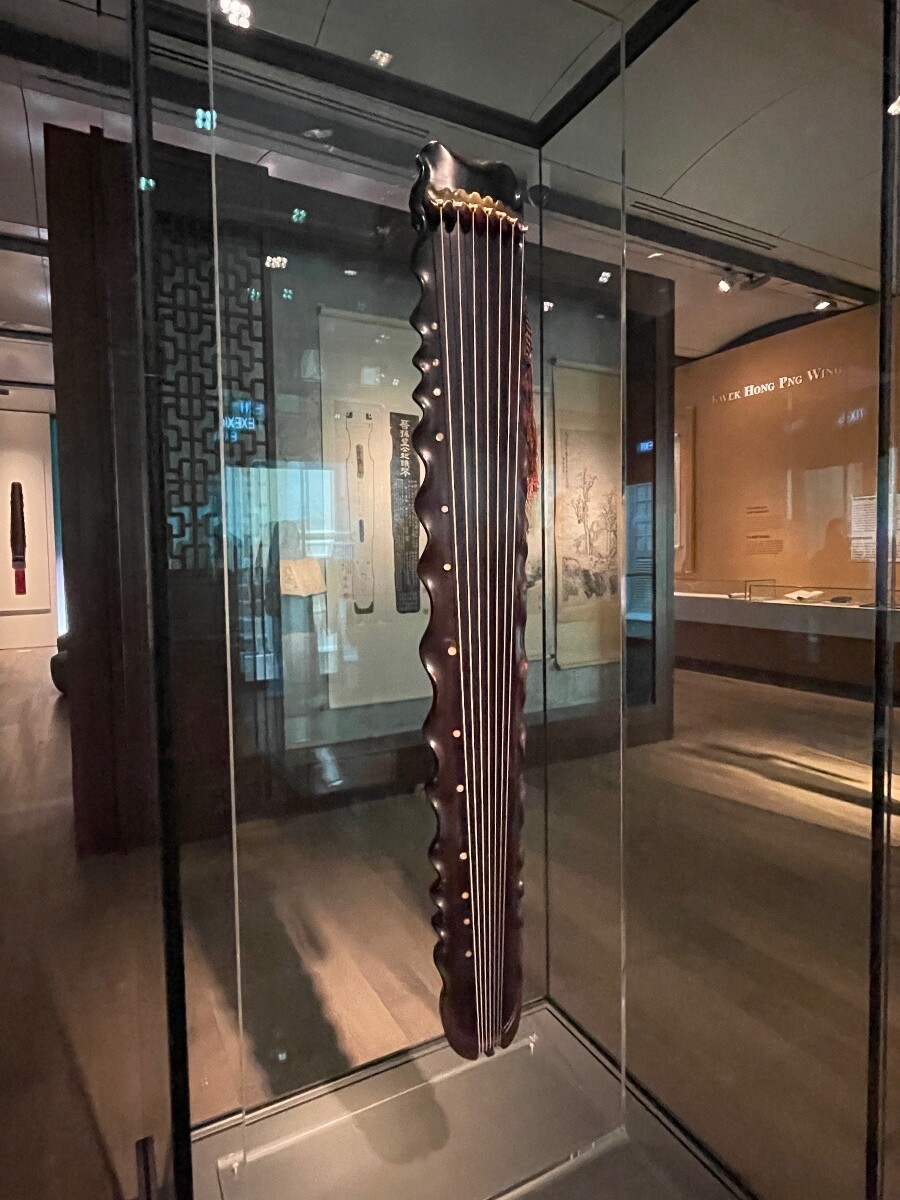
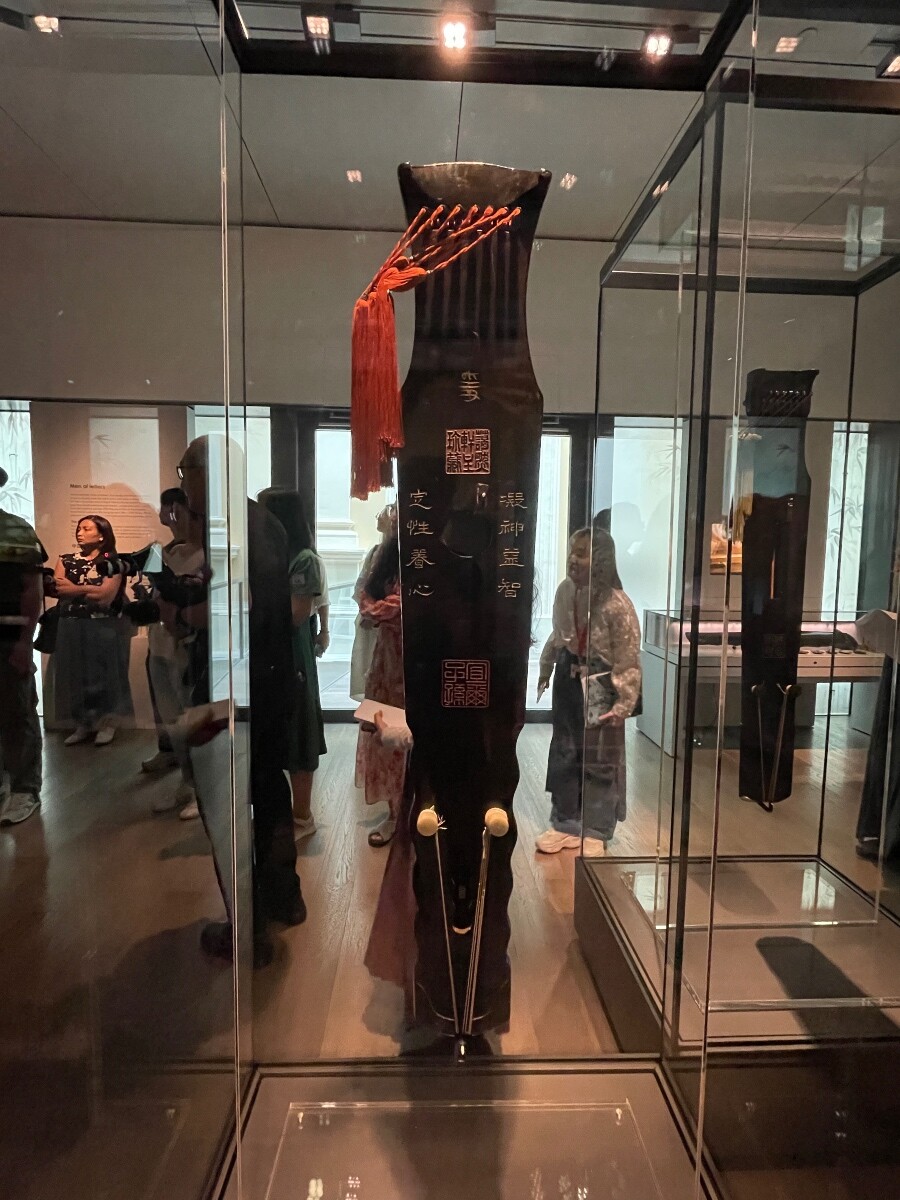
This exhibition explores the qin’s cultural significance. People have played this instrument, also called guqin or Chinese zither, for over 2,000 years. Consequently, you’ll find various qin-related items on display. The collection ranges from ancient Han dynasty instruments (around 206 BC) to more contemporary pieces. Additionally, cool bronze statues, paintings, and pottery are included. You can also see old scriptures and even furniture.
Featured Works
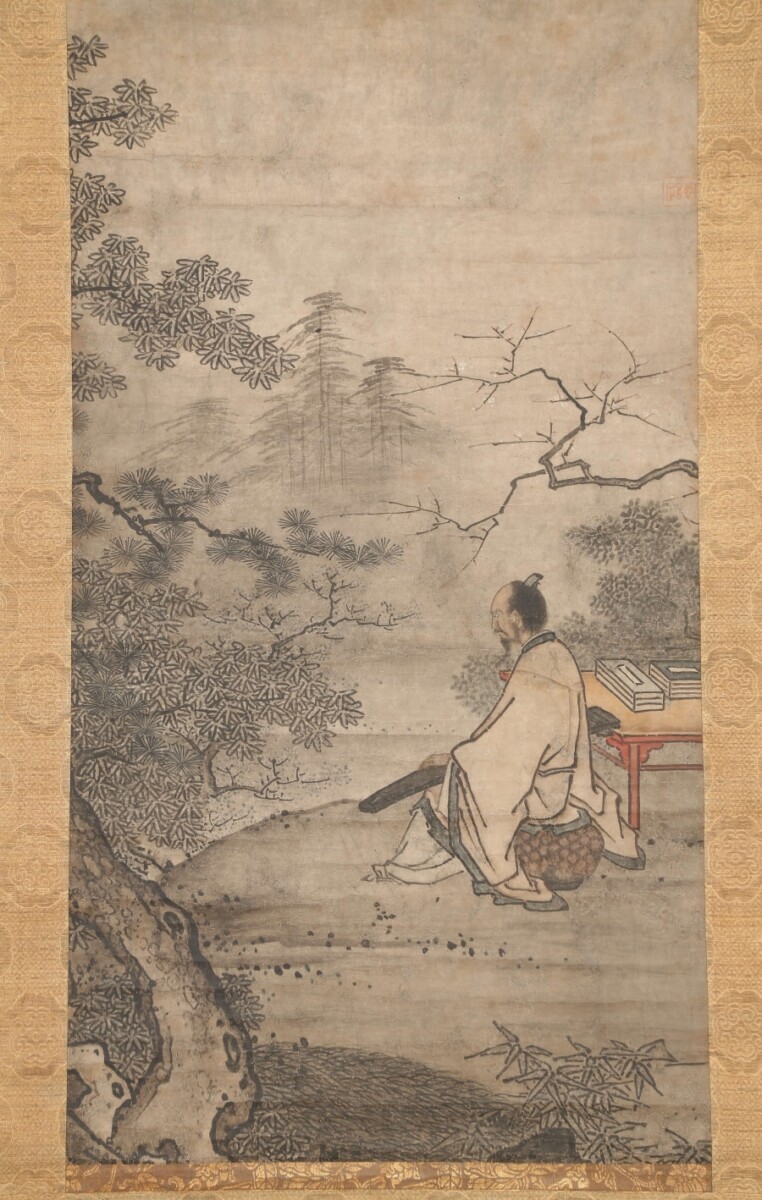
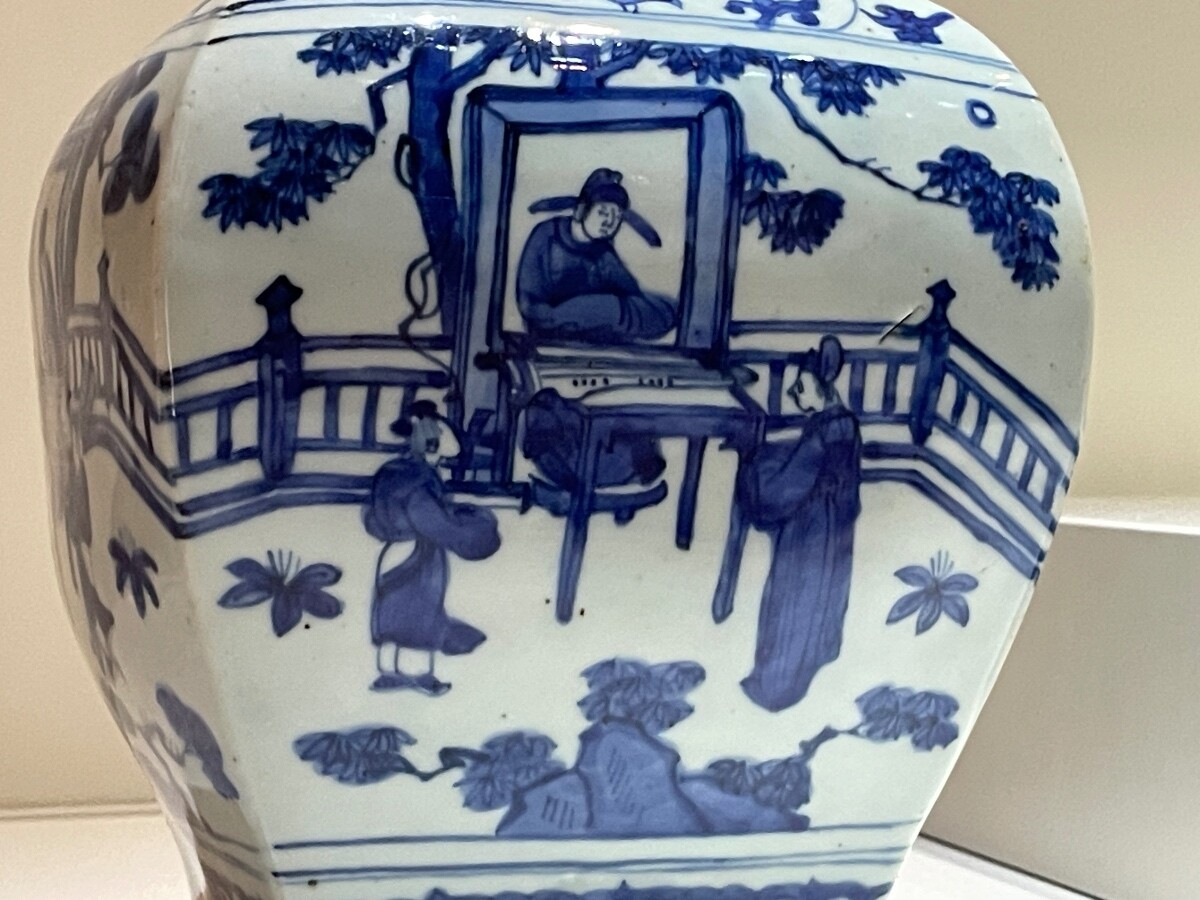
Dating back to at least the Song Dynasty (960-1279 CE), the “Song of the Woodcutter” (樵歌, Qiao Ge) is a traditional Chinese song genre. It’s closely linked with the guqin and documented in various musical collections. The essence of these songs often lies in their connection to nature, the idealisation of a simpler life, and an occasional reflection of Daoist principles about achieving wisdom by living in sync with the natural environment.
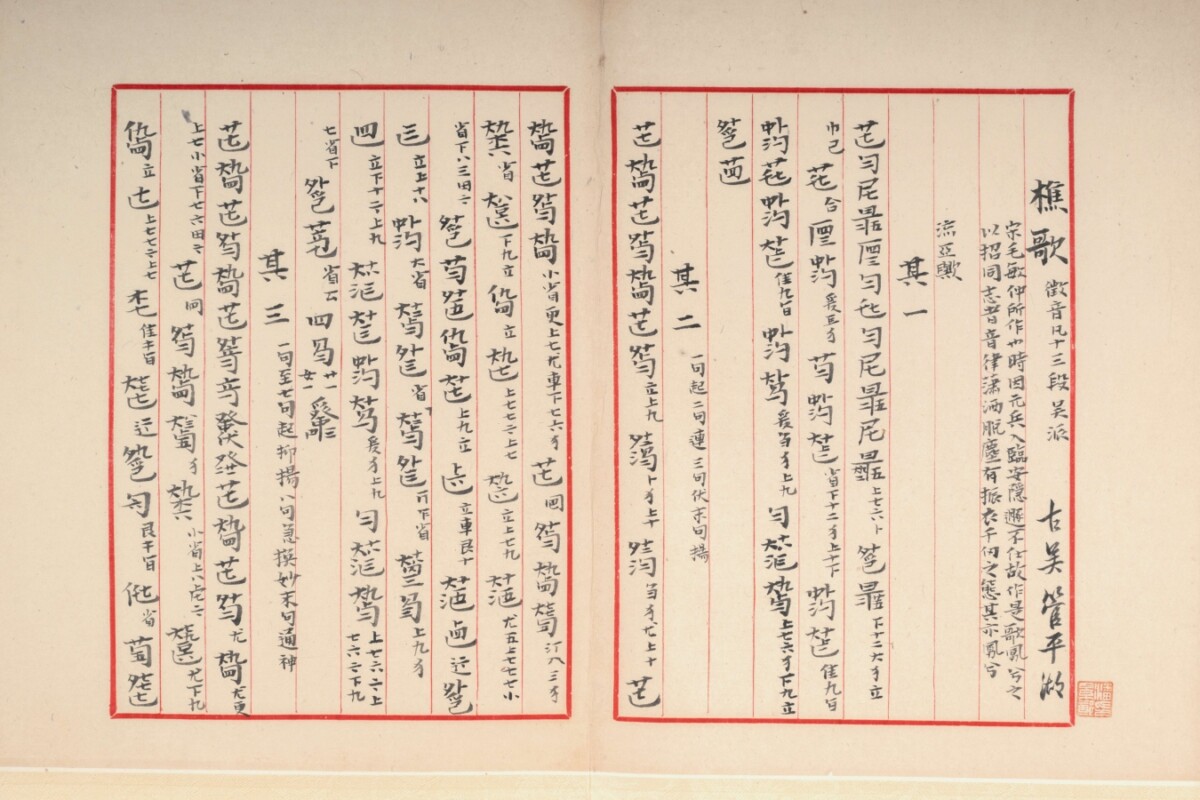
Although the qin is often seen to be played on its own, there are glimpses of the past that depicts differently. Here, a qin player is accompanied by musicians of varying instruments, with 2 dancers performing for a group of 3 on the audience side.
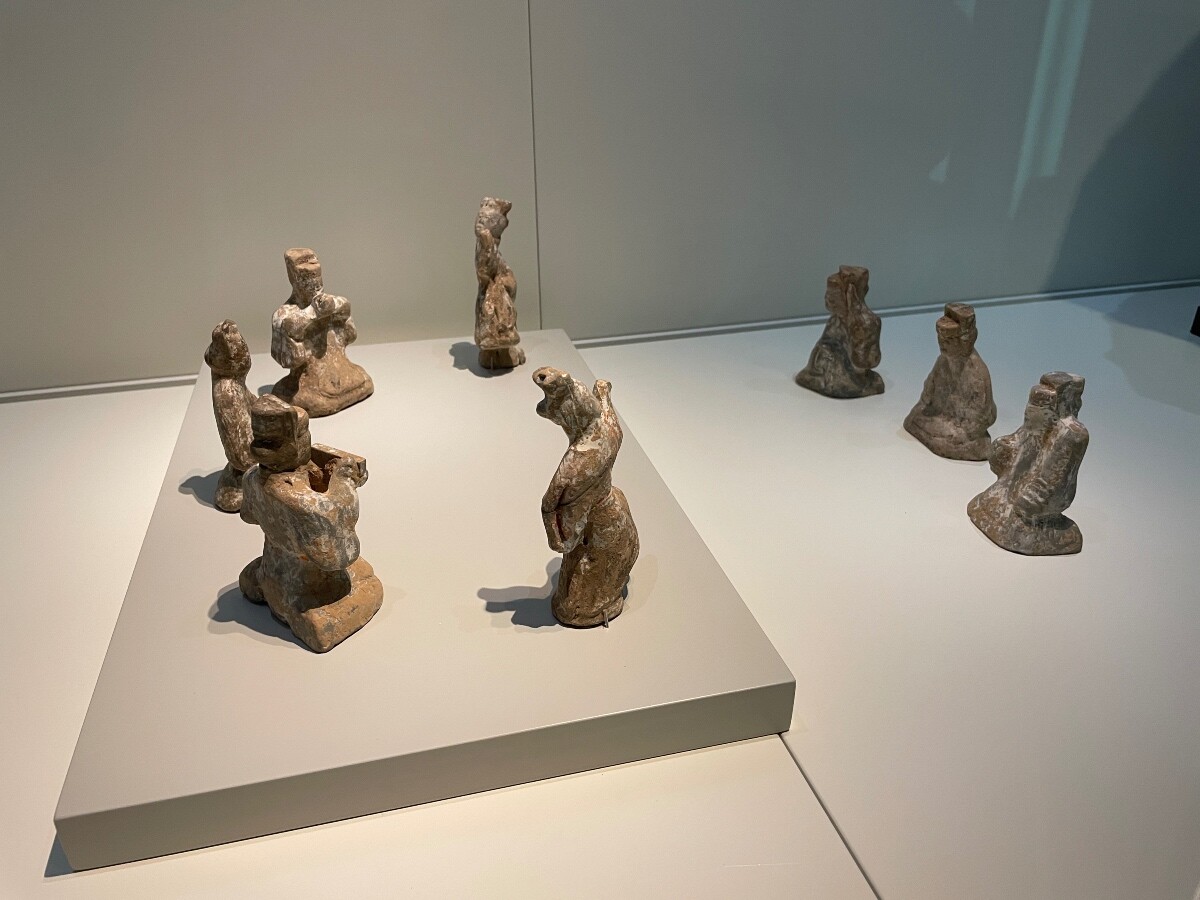
Dedicated Experts and Educators
Dr. Kee Chee Koon holds a significant distinction. He is the first Singaporean with a doctorate in qin studies from China. For over two decades, he has worked to revive 32 ancient qin pieces. These come from the 17th-century “Qin Entablature of the Great Return Pavilion.” Beyond his research and performances, Dr. Kee actively educates. He passionately passes on the qin art form to younger learners.
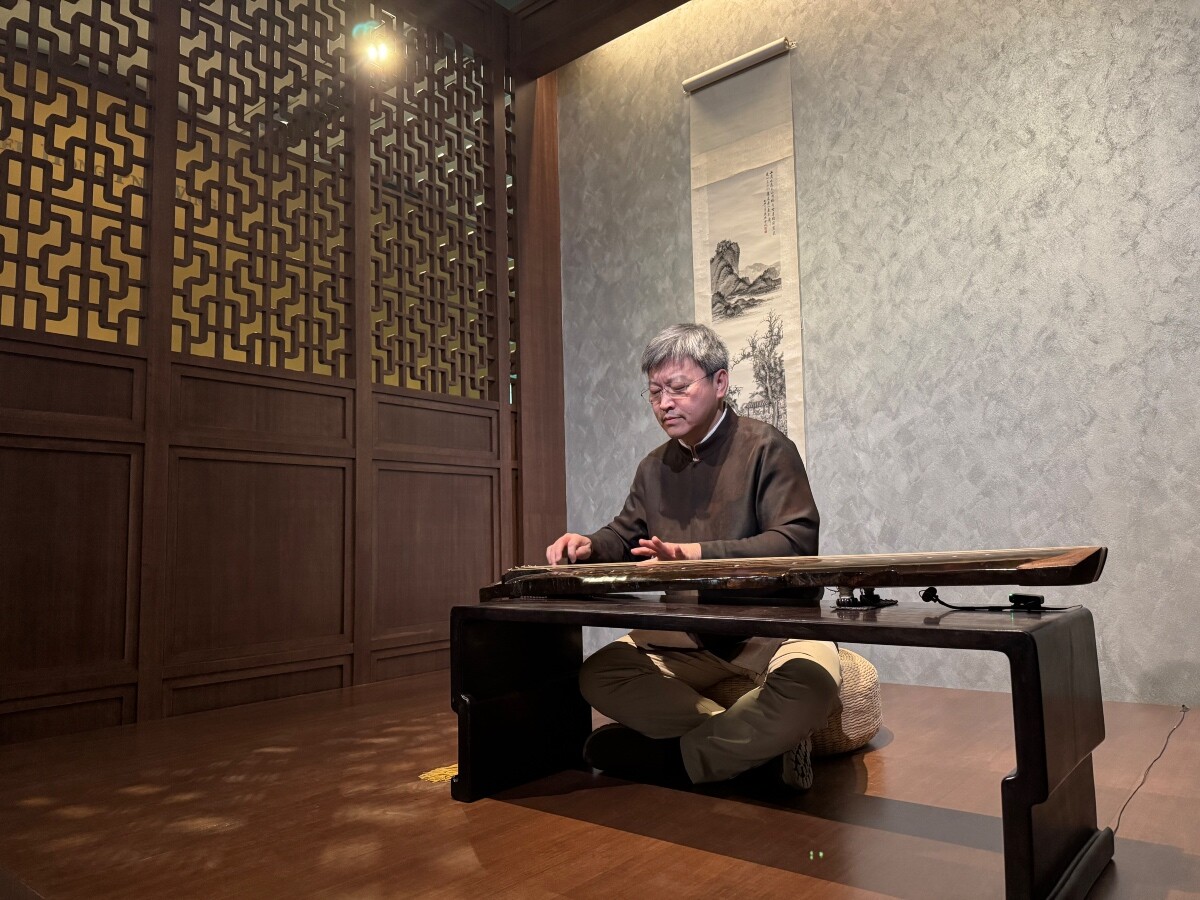
Media guests enjoyed a rare qin performance by Dr. Kee. He played two pieces from the Han Dynasty. Notably, one piece, “Liu Shui” (流水, or Flowing Stream), is on The Voyager Golden Record. NASA sent this record into space. It compiles evidence of human civilization on Earth – a fascinating fact. Our host encouraged everyone to experience stillness. We were told to put aside our thoughts and let the string vibrations calm us.
Craftsmanship and Curation
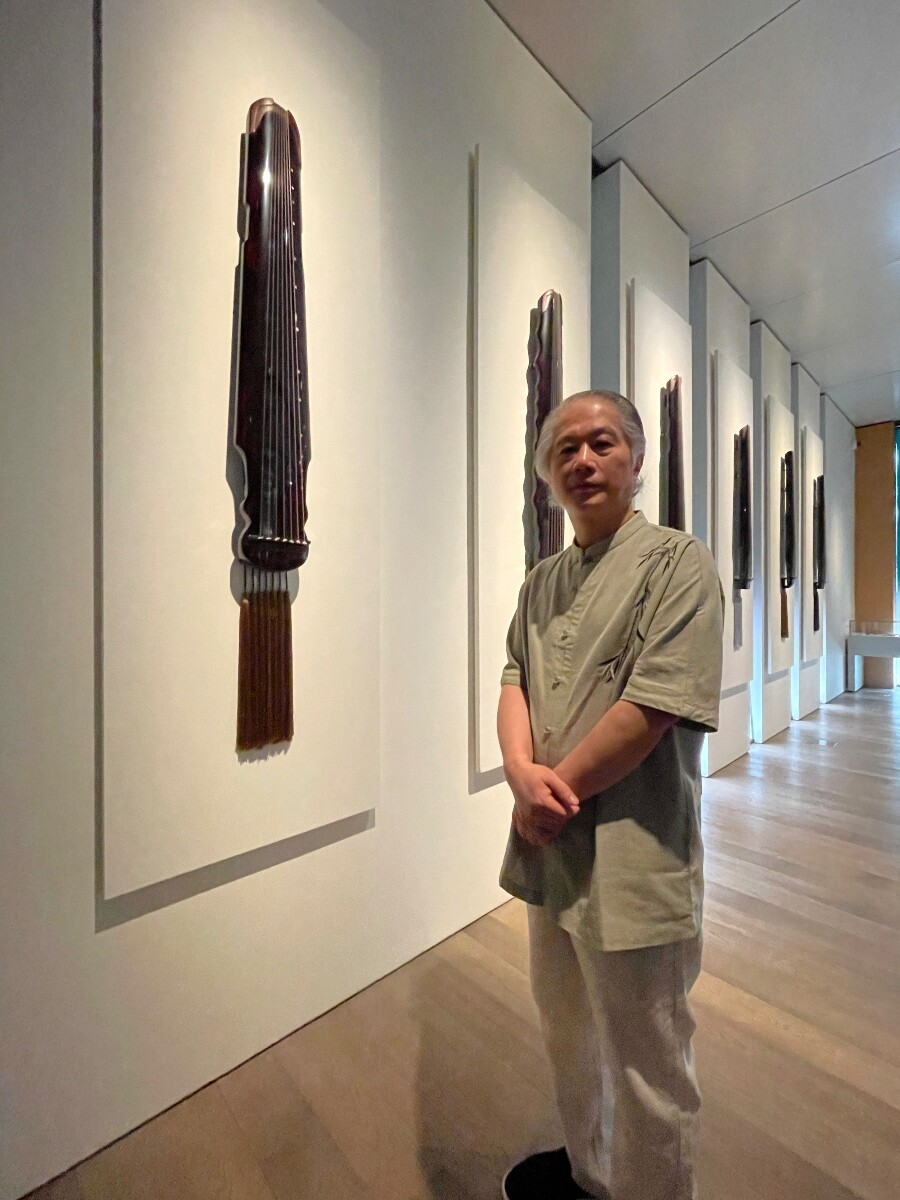
Mr. Ning Qunhui, a master craftsman, makes qins. The Hubei provincial government officially recognized his dedication. He holds the title of Master Craftsman for preserving this ancient art. His expertise also extends to restoration; he restored over 20 historical qins from the Song, Ming, and Qing dynasties.
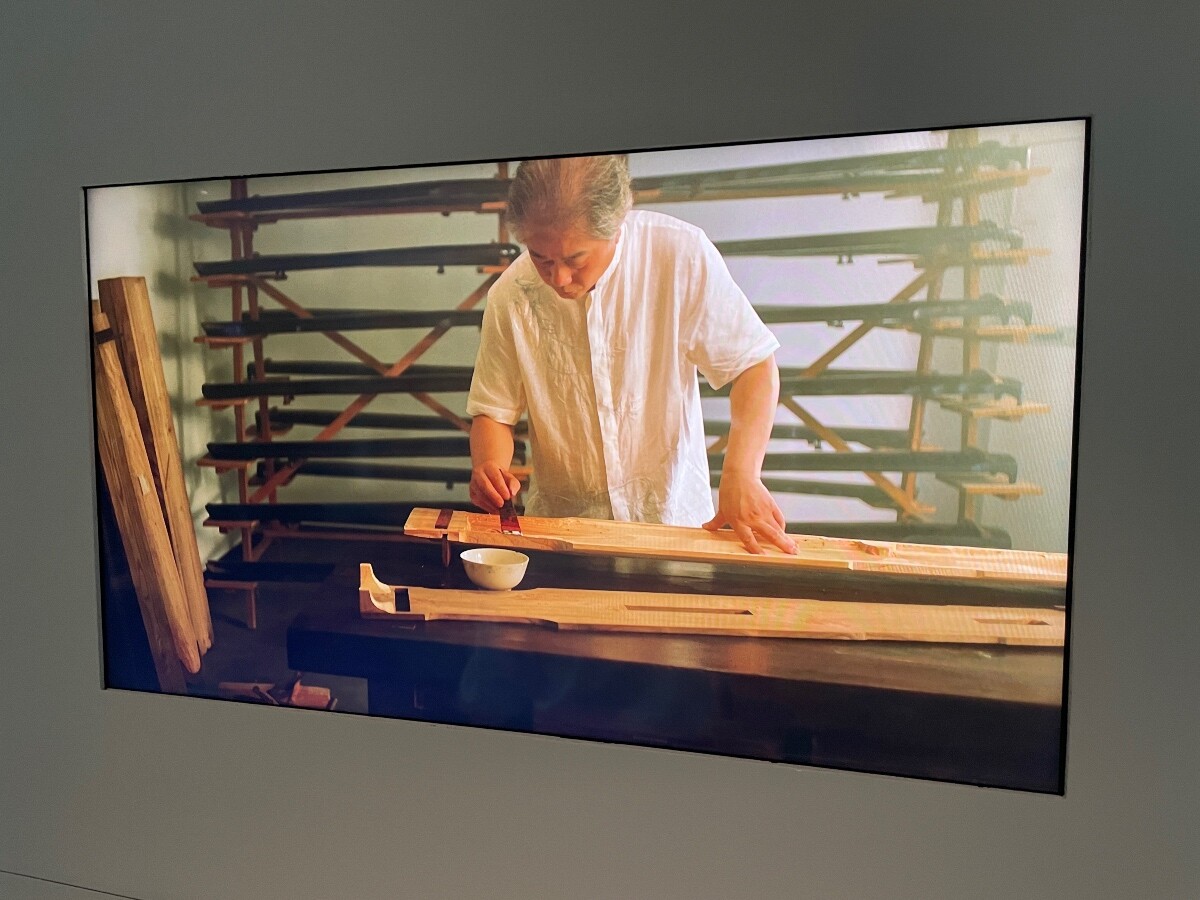
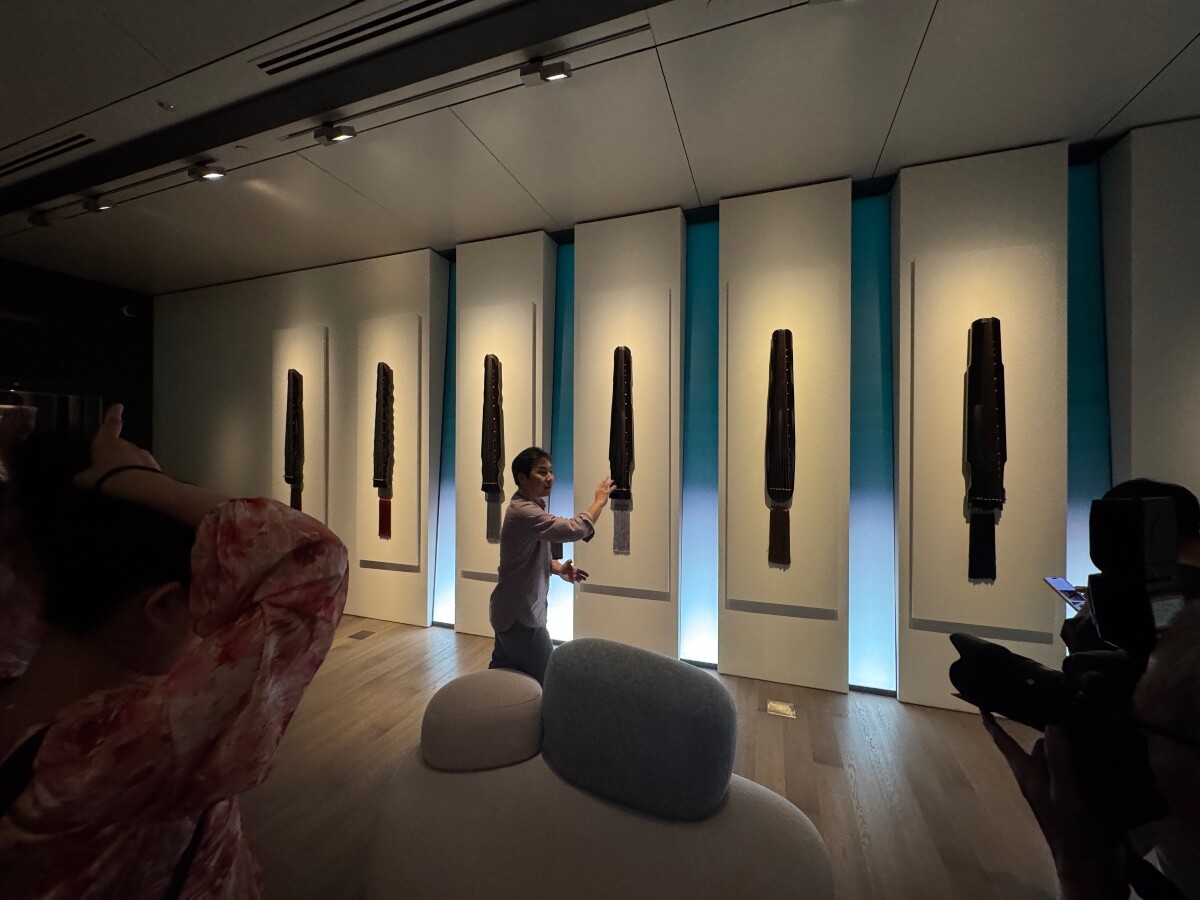
Dr. Kevin Lam, ACM’s Senior Curator of Chinese Art, shared passionately. He discussed the qin’s origins and stories. These instruments date back to some of China’s earliest dynasties.
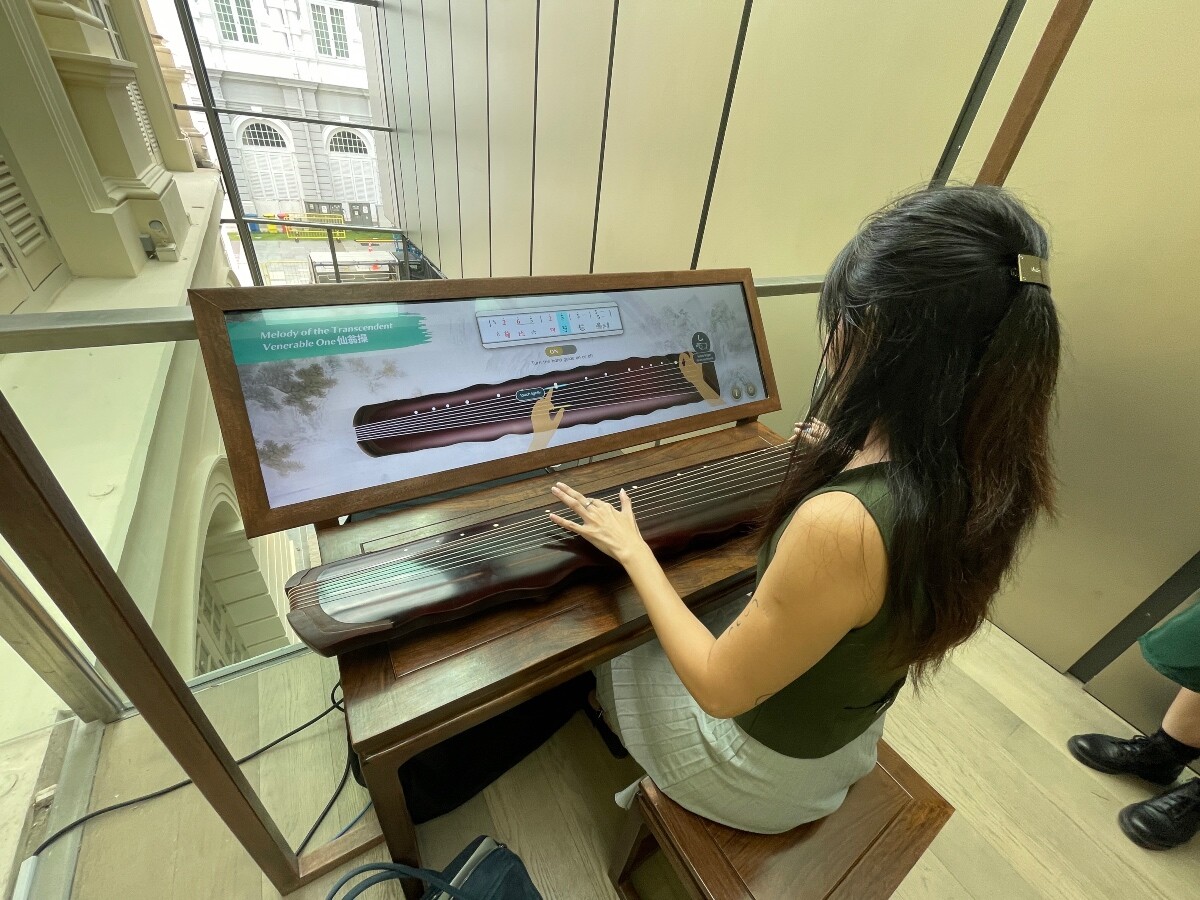
Visitor Experience
The museum has also created a special gallery spot. Here, visitors can truly connect with the art. It’s a place to relax, perhaps enjoy a performance, and absorb the scholars’ calm, thoughtful atmosphere. They even offer a hands-on digital exhibit featuring a real qin. Additionally, recordings from a famous qin master will enhance the mood.
Plan your visit to this exhibition! It runs at the Asian Civilisations Museum, Level 2, Scholars Gallery, starting May 23, 2025. The museum opens daily from 10 am to 7 pm, extending to 9 pm on Fridays. Admission is free for Singaporeans and PRs. For international visitors, it costs $25 per person, but it’s truly worthwhile.
Check out these latest qin tracks not available on Spotify. Special credit to Asian Civilisation Musuem and team who shared this invaluable opportunity with us and our readers.







